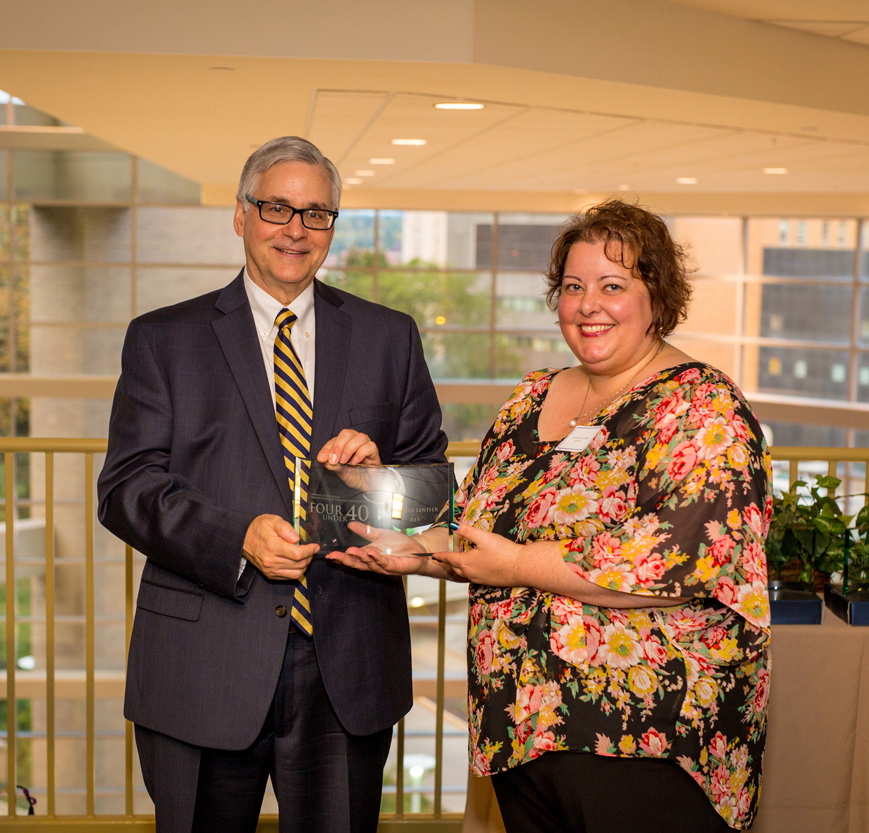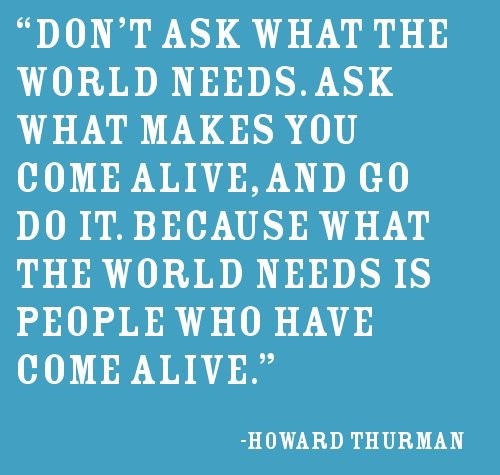
I was honored last Friday to receive a “4 under 40” alumni award from my graduate school, the University of Pittsburgh Graduate School of Public and International Affairs. They asked me to talk for 3-5 minutes to new students, those in their first semester of global development, international affairs, or public administration programs. As I prepared, I took to social media to solicit others’ ideas about what students needed to know. The advice shared was incredibly useful, but didn’t necessarily fit into my 3 minutes, so I’m sharing it here in the bullets below:
- Figure out what you’re passionate about. And then get really good at it.
- Stay idealistic as long as you can, especially when working for the for profit contractors. And while those might not sound appealing, it’s where a lot of the jobs are.
- The quicker they can stop drawing artificial lines between “for-profit” and “non-profit”, among other vogue idealistic dichotomies, the quicker they will be able to get on with doing good work in an imperfect system. Skewed incentives exist in all sectors, public, civil society, and private; and in all sectors we’re ultimately bound to the fact we need a paycheque (unless you’re rich and a volunteer). They will have to make compromises, but that doesn’t mean they become complacent. They should strive to find their risk-level, and be honest with themselves about how much they will put their career on the line to stand up for what’s right and good. It will hurt when they do, so be prepared for that.
 When managing any career I think it’s a challenge to find the right balance between the idea of demonstrating focus, stability and continuity on your CV on the one hand but also getting a variety of experiences and perspectives on the other. However, my advice to young professionals would be… get as many varied experiences as possible as soon as you can in your career. Work for different kinds of organizations with different approaches and different perspectives. Work in different sectors of development work. Work for a donor. Work for a small local nonprofit. Work for an international NGO. Whenever I have transitioned from one organization to another or from one part of the development community to another I’ve been really surprised at the blinders that I had developed and other people develop when they’re in a particular organization or a particular sector for an extended period of time. I found that when you’re in an organization or particular sector of development work you forget overtime that there’s a whole other world out there with different perspectives, different approaches, different opinions, different values, etc. So move around – contract to contract doesn’t count! What you want is one approach to another approach, one perspective to another perspective, donor to a local nonprofit, etc.
When managing any career I think it’s a challenge to find the right balance between the idea of demonstrating focus, stability and continuity on your CV on the one hand but also getting a variety of experiences and perspectives on the other. However, my advice to young professionals would be… get as many varied experiences as possible as soon as you can in your career. Work for different kinds of organizations with different approaches and different perspectives. Work in different sectors of development work. Work for a donor. Work for a small local nonprofit. Work for an international NGO. Whenever I have transitioned from one organization to another or from one part of the development community to another I’ve been really surprised at the blinders that I had developed and other people develop when they’re in a particular organization or a particular sector for an extended period of time. I found that when you’re in an organization or particular sector of development work you forget overtime that there’s a whole other world out there with different perspectives, different approaches, different opinions, different values, etc. So move around – contract to contract doesn’t count! What you want is one approach to another approach, one perspective to another perspective, donor to a local nonprofit, etc.- Listen and never stop learning!
- You’re going to experience failure — and that’s okay.
- Build a network fast! And get experience doing exactly what you think you want to do.
- Be disciplined, open minded, and humble!
- Solicit feedback and stay true to your values.
- Emphasize the the importance of field experience, and while in the field, to actually practice listening to the ‘masters of the field’–community.
- Our approach was wrong and that we are looking to open better dialogue with the people most impacted by aid. That we cannot continue to speak about marginalization of people if we do not open the discussion to include them and their solutions.
- Place the emphasis on listening to people in communities who have not been historically asked about how to design, deliver, or evaluate development. FROM THERE – hold on to the question of how, deeply informed by both critical theoretical analysis and critiques from communities, we manage to step forward with cooperative, consequential, community-driven development.
The message most important to me to share was that an awareness that the people closest to the problems are the people with the solutions, and that our job, ultimately, is to listen and learn from them. Of course we have personal and organizational barriers that will trip us up along the way. Courage and community (for when our courage fails us) are key. The challenges facing our world require our passion, pragmatism, and purpose. Check out the video below for my bio and brief remarks:
***
Related Posts
Interview questions you should be asking of aid organizations
The power of the pen: Why I left M&E behind for communications
6 ways to keep your nonprofit spark lit
Exploring the tension between theory and practice in community development
